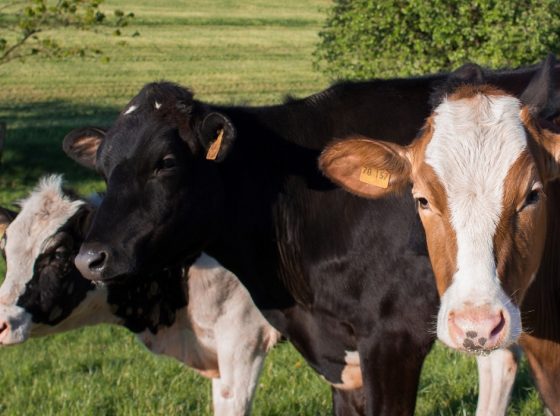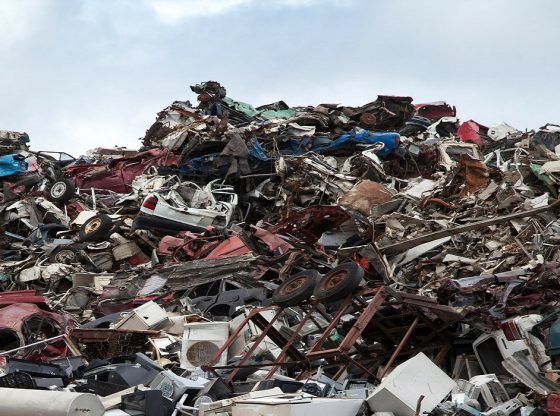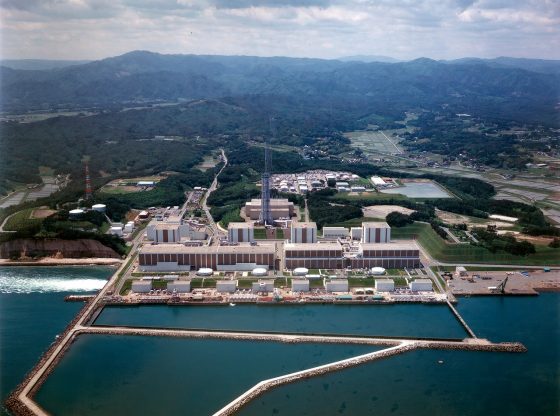China is considering a ban on internal combustion engines, according to a Chinese official.

On Saturday, a Chinese official told the audience at an auto forum in Tianjin that the government is working on a timetable to end “production and sales of traditional energy vehicles,” i.e., gasoline and diesel cars, according to accounts from the Xinhua News Agency.
Xin Guobin, Deputy Minister of Industry and Information Technology, said that the ministry is investigating a timetable for banning internal combustion engines, according to the Chinese government news agency, New China.
Earlier this summer, Britain, and France presented plans to ban the sale of diesel and petrol cars from 2040, as Xin Guobin points out.
“The ministry has also begun relevant research and will present such a timetable together with the relevant ministries. These measures will certainly lead to major changes for our automotive industry development,”
– Guobin said to the state news service, according to the British Financial Times Financial Times.
This news will reverberate around car firms, for which China is the largest market. Although no timeline for a ban was suggested, China already has ambitious medium-term goals for automotive efficiency and climate change, including a cap on carbon emissions by 2030. With the Chinese government and other countries announcing bans on fossil-fueled cars will offer strong incentives for car firms to adapt.
Xin Guobin adds that turbulent times await the automotive industry. China is the world’s largest electric car market with approximately 507,000 vehicles sold in 2016. It is estimated that by 2025, seven million electric cars will be sold per year according to a Chinese government target.
The statement spurs the stock of Chinese electric car manufacturer “Byd” to increase by more than 7 percent, trading on the Hong Kong stock market on Monday. Equity prices for Australian lithium producers also rise sharply, as a ban would increase the demand for metals for vehicle batteries.











![OpenAI. (2025). ChatGPT [Large language model]. https://chatgpt.com](https://www.illustratedcuriosity.com/files/media/55136/b1b0b614-5b72-486c-901d-ff244549d67a-350x260.webp)
![OpenAI. (2025). ChatGPT [Large language model]. https://chatgpt.com](https://www.illustratedcuriosity.com/files/media/55124/79bc18fa-f616-4951-856f-cc724ad5d497-350x260.webp)
![OpenAI. (2025). ChatGPT [Large language model]. https://chatgpt.com](https://www.illustratedcuriosity.com/files/media/55099/2638a982-b4de-4913-8a1c-1479df352bf3-350x260.webp)








